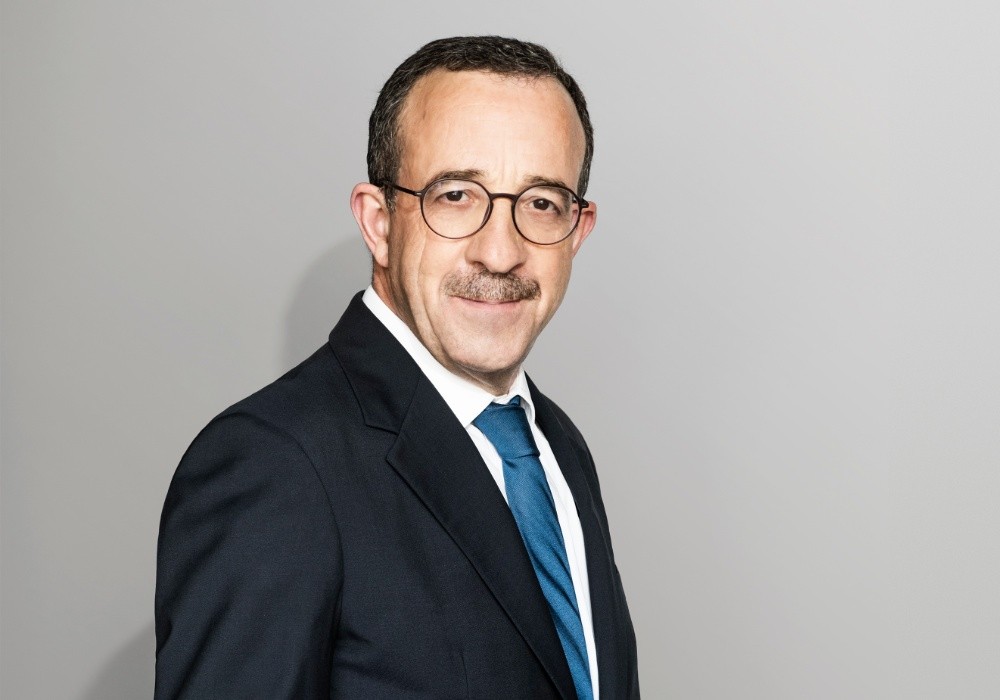
新聞報導
30 六月 2025在 ECO Magazine
观点 | “Operação Marquês”:漫长的诉讼延长是否会动摇最终判决?

在调查开始10多年后,何塞·索克拉底斯终于将接受审判,他被指控在"侯爵行动"中犯有22项罪行。
“葡萄牙司法系统最受媒体关注的案件之一将于7月3日开庭审理,此前曾有批评声浪指责司法程序拖沓,律师们也警告案件存在时效和遗忘风险。但自调查开始以来,漫长的岁月是否会对最终判决产生负面影响?律师们认为答案是肯定的。
Carlos Melo Alves强调:“这种过度的拖延首先影响的是被告的名誉、荣誉和尊严,他们有权获得法律上的和平。值得强调的是,这种拖延其次也会损害作为国家代表、负责追捕罪犯的检察机关的利益。” 梅洛·阿尔维斯律师事务所的创始合伙人认为,几乎所有的证据都必须在审判中重新收集,经过这么多年,包括证人在内的各方当事人已经无法“清晰地”回忆起事实来陈述,从而“发现实质真相”。
“刑罚的合法性基础在于特殊预防和一般预防。在案发十多年后,很难再实现对受刑人的社会复归。因为在此期间,被告往往已经开启了新的人生轨迹,此时再判处监禁的必要性存疑,”他补充道。他强调,在事实发生多年后才达成的定罪,其预期的威慑作用已大打折扣。